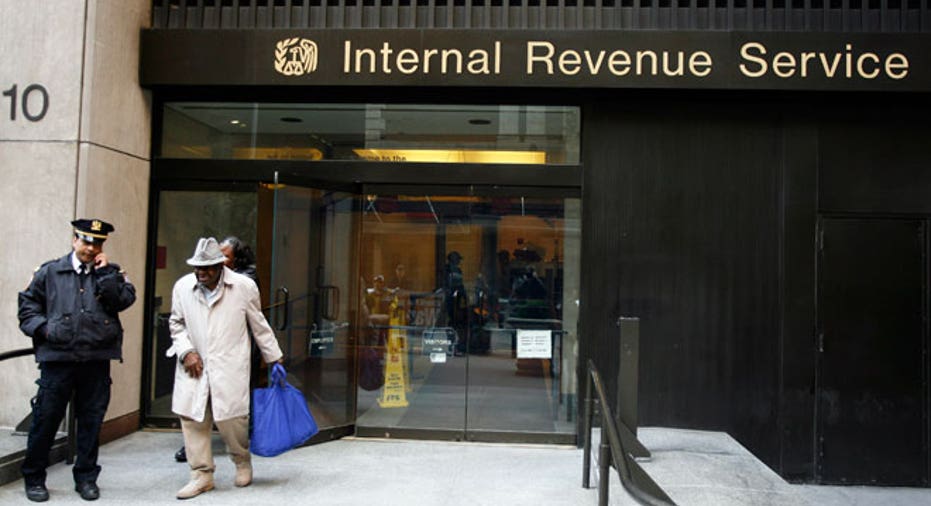Documents Every Small Business Needs to Keep

Most small business owners know they need to keep receipts, bank statements and other data for at least four years in the event of an audit.
The IRS has three years (unless fraud is suspected) to audit your income tax return and assess additional tax if it doesn’t agree with claimed income and deductions. But even if you keep every receipt, they won’t help you fight the taxman if you are found to not have a business intent for claimed expenses.
Just because a purchase is made with the business checking account doesn’t make it a business intention. Just like anything personal derived from the purchase is not assumed to be an “employee benefit.”
The IRS states that a business may deduct all “ordinary and necessary” business expenses.
While this creates a subjective guideline, it’s oftentimes abused. Personal expenses are not considered business expenses just because their source was from business accounts. Telling an auditor you needed a haircut to look professional, isn’t going to fly.
If, for example, you’re at Costco (NASDAQ:COST) buying in bulk for your restaurant and you throw in a novel, CD and a 12-pack of socks, you are expected to itemize these purchases to your draw account and not take them as a business expense. I’ve seen several instances where the entire check has been claimed as a supplies expense, but when the small business owner was audited, much of the expense was disallowed.
Keep in mind that if the receipt had not been available for scrutiny, the auditor may have disallowed the entire deduction. The cancelled check alone was not enough proof to determine if the purchase were business or personal. So make sure that you keep receipts from stores where personal items are available in addition to cancelled checks.
When it comes to meals, entertainment and travel expenses, the IRS gets very nitpicky. For meals and entertainment, there must be substantial business conducted before, during or after the meal or entertainment. The IRS will want to know who you entertained or dined with, so when it comes time to pay the tab, merely write in the other party’s name on your copy of the receipt. In fact, it would behoove you to read IRS Publication 463. You can see for yourself that there are plenty of rules governing this type of expense of which the average taxpayer is unaware.
When traveling for business, make sure you keep documentation as to business intent. Picture this: you go to a trade show in Paris. You’re there for four days, and from 9 a.m. to 5:00 p.m. you are ensconced in the show, running your booth, networking with other professionals. You meet an exceptional business contact and go to dinner and strike a deal to do business together. Maybe you’ve got an hour to see the Eiffel Tower. That’s incidental, the entire trip is a valid business deduction.
Now flash forward three years and you are sitting in front of a stone-faced auditor who is dangling your credit card statement in front of you, saying, “Disallowed. You can’t write off your vacation.”
“But it wasn’t a vacation! It was a trade show!”
“Prove it.”
You sigh. The only thing you kept was the credit card receipts. If you had also retained the trade show registration form, flyers showing the hours you must man the booth then you would have convinced the auditor that it was a bona fide business expense.
If you are debating whether or not to keep a document, picture yourself sitting in front of an auditor making the cause for your claims, will the information help your case? If so keep it. Better safe than sorry.



















